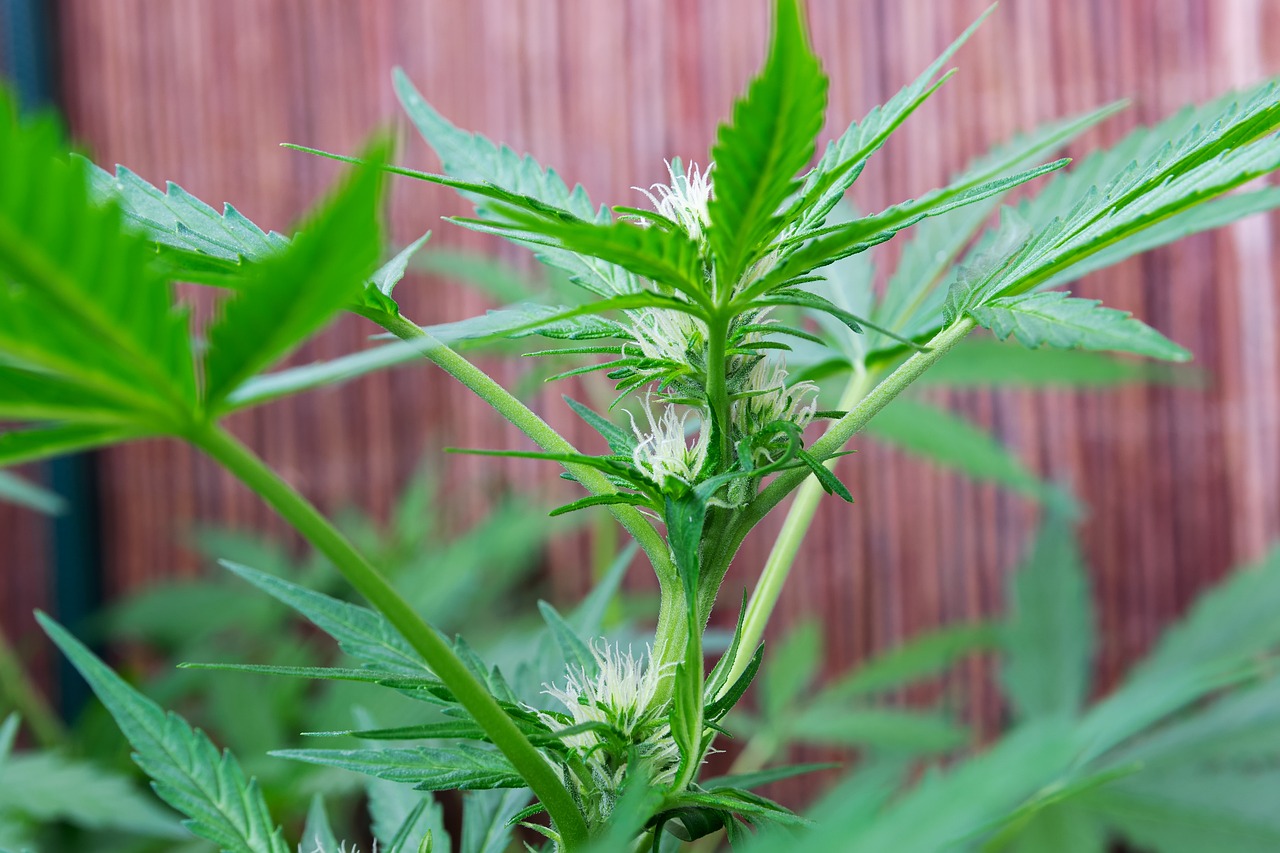In recent years, the cannabis industry has seen a surge in interest surrounding THCA flower. As a non-psychoactive cannabinoid, THCA offers a range of potential benefits without the intoxicating effects commonly associated with THC. This article explores the uses and effects of THCA flower, providing insights into its growing popularity.
Understanding THCA
THCA, or tetrahydrocannabinolic acid, is a cannabinoid found in raw and live cannabis plants. Unlike THC, THCA flower and physical wellness does not produce a high when consumed. This is because THCA must undergo decarboxylation, a process typically triggered by heat, to convert into THC. As a result, THCA is often consumed in its raw form to maintain its non-psychoactive properties.
Decarboxylation Process
Decarboxylation is a chemical reaction that removes a carboxyl group from THCA, transforming it into THC. This process occurs naturally over time or can be accelerated through heating methods such as smoking, vaping, or cooking. For those seeking the therapeutic benefits of THCA without the high, consuming raw cannabis or using low-heat methods is recommended.
Potential Benefits of THCA
Research into THCA is still in its early stages, but preliminary studies and anecdotal evidence suggest several potential benefits:
- Anti-inflammatory Properties: THCA may help reduce inflammation, making it a potential option for those with conditions like arthritis or inflammatory bowel disease.
- Neuroprotective Effects: Some studies indicate that THCA could offer neuroprotective benefits, potentially aiding in the treatment of neurodegenerative diseases.
- Anti-emetic Properties: THCA might help alleviate nausea and vomiting, which could be beneficial for patients undergoing chemotherapy.
- Appetite Stimulation: Like THC, THCA may stimulate appetite, offering potential benefits for individuals with appetite loss due to medical conditions.
Methods of Consumption
There are various ways to consume THCA flower, each offering different experiences and benefits:
Raw Consumption
Consuming raw cannabis is one of the most straightforward methods to intake THCA. This can be done by adding raw cannabis leaves or flowers to smoothies, salads, or juices. This method preserves the THCA content without converting it to THC.
Tinctures and Oils
THCA tinctures and oils provide a convenient way to consume THCA. These products are typically made by soaking cannabis in alcohol or oil, allowing the THCA to infuse into the liquid. Tinctures and oils can be taken sublingually or added to food and beverages.
Topicals
Topical applications of THCA-infused creams or balms can be used for localized relief. These products are applied directly to the skin and may help with inflammation or pain in specific areas.
Legal Considerations
The legal status of THCA varies by region. In some areas, THCA is considered legal due to its non-psychoactive nature, while in others, it may be regulated similarly to THC. It’s important for consumers to be aware of local laws and regulations regarding THCA products.
Case Studies and Research
Several studies have explored the potential benefits of THCA, though more research is needed to fully understand its effects. A study published in the British Journal of Pharmacology highlighted THCA’s anti-inflammatory properties, suggesting its potential use in treating inflammatory conditions. Another study in the Journal of Neuroimmune Pharmacology examined THCA’s neuroprotective effects, indicating its promise in neurodegenerative disease treatment.
Anecdotal evidence from patients and healthcare providers further supports the potential benefits of THCA. Many users report positive experiences with THCA for managing pain, inflammation, and nausea without the psychoactive effects of THC.
Conclusion
THCA flower presents an intriguing option for those seeking the therapeutic benefits of cannabis without the high. With its potential anti-inflammatory, neuroprotective, and anti-emetic properties, THCA offers a range of uses that continue to be explored through research and anecdotal evidence. As the cannabis industry evolves, THCA may become an increasingly popular choice for consumers looking for non-psychoactive alternatives.
